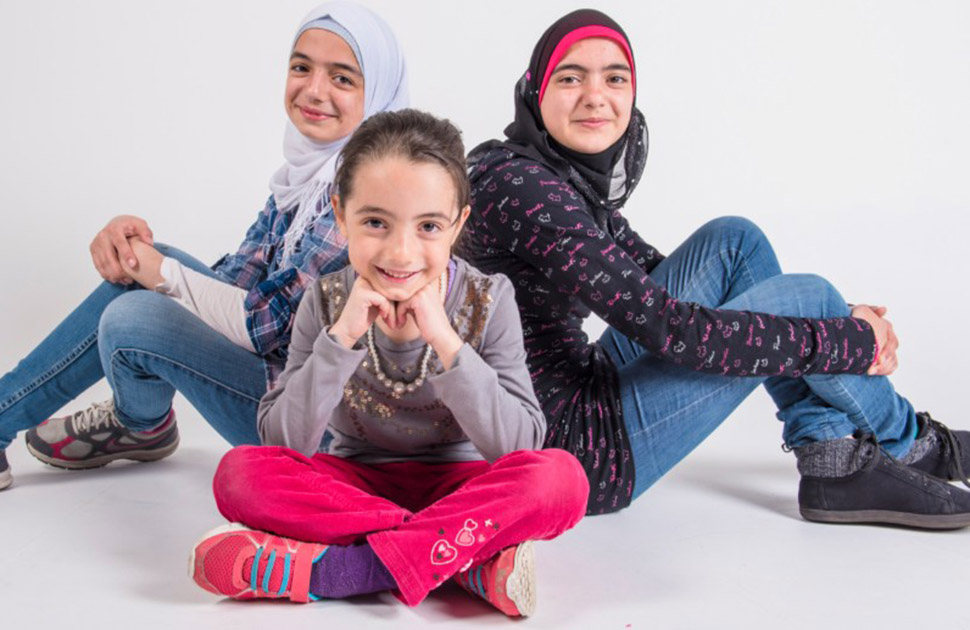One day before surgery
These sections will help prepare you for your upcoming surgery and answer many questions you may have:
- Getting ready for surgery
- One day before surgery
- Day of your surgery
- After surgery
- Information for youth
| Checklist: the day before surgery | ||||||||||
| Children and youth:
Parents, guardians and caregivers:
We do not have lockable storage for your valuable items. You are responsible for keeping track of any valuable items that you bring to the hospital.
|
||||||||||
| Confirming the time of your surgery or procedure | ||||||||||
| We will call you 1 to 2 days before your surgery or procedure to confirm the time you should arrive at CHEO. If we do not call you by 8 pm the evening before, call CHEO’s Admitting Department: 613-737-7600, ext. 2310, before 11 pm. | ||||||||||
| What if my child or youth is sick before surgery? | ||||||||||
| Call your surgeon’s office as soon as possible if your child or youth has had or been in contact with someone who has these contagious disease illnesses in the three weeks before surgery: chicken pox, mumps, measles, tuberculosis (TB), whooping cough or scarlet fever. Contact your surgeon’s office if your child or youth has had any of these symptoms in the last week:
Between 4 and 11 pm the evening before surgery (or if you can’t reach your surgeon), call Admitting at 613-737-7600, ext. 2310, and tell them your child or youth is ill. After 11 pm the evening before surgery, call 613-737-2346 (Surgical Day Unit) and leave a message. Be sure to include your child’s name, date of surgery, surgeon’s name and the illness (for example, a cold or fever). We may ask you to come to the Surgical Day Unit in the morning to have them assessed by the anesthesiologist to decide if we will go ahead with the surgery or procedure. For their safety, we may have to reschedule their surgery |
||||||||||
| Driving after surgery | ||||||||||
| You are not allowed to drive for 24 hours after having an anesthetic. |
||||||||||
| Fasting guidelines | ||||||||||
| Your child’s or youth’s surgery may be delayed or rescheduled if they have had something to eat or haven’t followed the fasting requirements for liquids.
Stop solid foods at midnight the day before your procedure Stop formula 4 hours before your procedure time Stop breast milk (with or without fortification) 3 hours before your procedure time Stop clear fluids (apple juice, water) when you arrive at the hospital
Why can’t my child or youth eat or drink before surgery or a procedure?Everyone having anesthesia must have an empty stomach While a patient is asleep during surgery, food or fluid in the stomach can come back up into the throat and go into the lungs. This can cause problems with breathing and infection. Please note: Some children may require different fasting times and this will be discussed with you by your care team. On the day of the surgery or procedure:
Does your child have to take medication? If the surgeon or anesthesiologist tells you to give your child or youth regular medication on the day of surgery, give the medication with a very small amount of water only. Do not give with apple sauce, yogurt or other foods. Is your child or youth having an endoscopy? If your child is having an endoscopy, please follow the special fasting guidelines from your doctor or nurse.
|
||||||||||
| Who should come to CHEO? | ||||||||||
Parent, caregiver and visitor presence policiesPlease review the following information before arriving at CHEO. Parents and caregivers are important members of the care team. They actively work with us to provide vital health information only they know and give emotional support in the way only a parent or caregiver can. For infection prevention and safety reasons, we have limits on how many parents, caregivers and visitors can be onsite at one time. We also limit the number at the bedside. We appreciate your patience and understanding in keeping everyone safe, particularly during the peak viral season. Allowed number of parents, caregivers and visitorsLast updated: December 2025
Frequently asked questions about coming to CHEO
|
||||||||||
| Preventing the spread of infections | ||||||||||
| We want to make sure our patients get well quickly. Please help us prevent the spread of infections:
|
||||||||||
| Surgery delays or rescheduling | ||||||||||
| Unfortunately, surgeries and procedures are sometimes delayed or rescheduled because:
We will do our best to keep you informed about any delays. We only reschedule surgeries if we have no other choice. If your child’s or youth’s surgery gets delayed, we will book a new surgery date as quickly as possible. We appreciate your understanding! |
 Looking for translation?
Looking for translation?
Did you know: our care resources can be translated into over 100 languages using Google Translate! Click the Translate button on the top right corner of your screen and select your preferred language to get started.
Disclaimer
This resource is for educational purposes only, and was originally written in English and translated to French. Translation to any other languages is automatically provided through Google Translate, and not official. There may be subtle differences or inaccuracies. If you have any questions about medical matters including your care and treatment, please reach out to your health-care team.





